New Judicial Fees
New Judicial Fees Mandatory in #Saudi_Arabia.
Knowledge Pioneers Law Firm - Litigation Practice Tweet
Overview
Judicial Fee Law was promulgated by the Royal Decree number (M/16) dated 30/01/1443 Hijri, corresponding to 7 September 2021, and the Cabinet Resolution number (65) dated 23/01/1443 Hijri, corresponding to 31 August 2021, published in the Saudi Gazette on 02 September 2021.
what is a Judicial Fee
A judicial fee is an amount of money to be paid by the Claimant litigant to the competent authority in consideration of the judicial service in the Kingdom of Saudi Arabia as organized under the Judicial Fees Law.
A judicial fee does not include any other payments resulting from the litigation proceedings; such as expert fees.
Objectives of Judicial Fees
Judicial Fee Law is aimed to:
- Reduce malicious lawsuits
- Encourage reconciliation between litigants
- Promote documentation of transactions and contracts
Matters exempted from Judicial Fees
There will be no judicial fee imposed on lawsuits and matters related to:
Family & Personal Status
- Divorce
- Khul' (woman’s right to divorce)
- Alimony/Family Support
- Child’s custody
- Legacy Allocation Matters
- Relevant Appeals & Petitions
Board of Grievance
- Rights and entitlements established in the laws of the civil and military services and retirement of Public Officers and employees of independent public legal agencies or their successors and beneficiaries
- Annulment of final administrative decisions filed by those concerned, when the appeal is based on lack of jurisdiction, formal defects, defect in the cause, violation of laws and regulations, error in the application or interpretation of the law, or abuse of authority, including disciplinary decisions and decisions issued by quasi-judicial committees and disciplinary boards. As well as the decisions issued by public interest associations - and the like - related to their activities, and it is considered as an administrative decision the refusal of the management body or its refusal to make a decision that it should have taken in accordance with the laws and regulations
- Compensation claims filed against decisions or actions of the Administration
- Disciplinary cases filed by the competent authority
- Cases related to contracts to which the Administration is a party to
- Applications for the execution of foreign judgments and judgments of foreign arbitrators
- Other administrative disputes
Public Order
- Public Criminal Cases & Relevant Petitions
- Disciplinary Cases & Relevant Petitions
Bankruptcy
- Protective Settlement Procedure
- Financial Restructuring Procedure
- Liquidation Procedure
- Protective Settlement Procedure For Small Debtors
- Financial Restructuring Procedure For Small Debtors
- Liquidation Procedure For Small Debtors
- Administrative Liquidation Procedure
Litigation Proceedings
- Requests for Settlement
- Requests raised by Opponents and Adjoined Parties
What are the judicial fee rates?
The Court will determine the Judicial Fee as follows:
Debt Recovery Claims
UP TO %5
with a cap of SAR1,000,000 payable by the losing party
Arbitration Award Annulment
UP TO %1
with a cap of SAR1,000,000 payable by the Applicant in case of claim dismissal
Major Applications
SAR10,000
Against each application or request for permission to appeal to the Court of Appeal and the Supreme Court and petitions to review a decision.
Minor Applications
SAR1,000
Against each application made by an ‘interested party’ for copies of documents or court records
No Additional Payments
No additional fee will be payable where:
- a claim is brought in the court with competent jurisdiction following an earlier court’s decision that it lacked jurisdiction
- The Court of Appeal overturns a judgement and refers the case back to a lower court
when are judicial fees refunded?
The entirety of the fees shall be refunded in the following events:
Before First Hearing
%100 OFF
In case of settlement before the first hearing, the fees shall be refunded in full (if paid).
Within First Hearing
%100 OFF
In case of settlement before the judge during first hearing, the fees shall be refunded in full (if paid).
Before Judgement
%75 OFF
In case of settlement after the first hearing and before the judgment, the fees shall be discounted to 25 percent of the judicial fees and the balance shall be refunded (if paid)
After Judgment
%100 OFF
In case of a decision or judgment rendered in favor of the applicant or appellant, the judicial fees shall be refunded in full (if paid).
Civil Claims Associated with criminal proceedings
%100 OFF
In case of the settlement of civil claims raised alongside criminal proceedings regardless of the stage of the case, the judicial fees shall be refunded in full (if paid).
Partial Success
PRO RATA
In the case of partial success on appeal, fees will be refunded on a pro rata basis.
Who is Exempted from Judicial Fees?
There will be no judicial fee imposed on Parties involved in the following:
- Employees & their representatives/successors while claiming their entitlements resulted from their Employment
- Prisoners & Detainees at the time the Judicial Fee is due in Financial matters
- Ministries & Governmental Agencies
are there alternative solutions?
Saudi Arabia has been recently encouraging parties involved in a dispute to recourse to the ordinary judicial system as the last option. Accordingly, Saudi Arabia has adopted and promoted a number of alternative dispute resolution (ADR) means. We would like to preview the most common ADR means that are as legal and efficient as the ordinary judicial system as follow:
Conciliation (Solh) System
Conciliation is among the most important means of alternative dispute resolution (ADR).
This initiative aims to achieve a major development in providing conciliation services, so that it becomes the socially and economically preferred option for settling various disputes (financial, family, commercial, construction, real property, banking, medical, etc.), by building an integrated system for disseminating the conciliation culture among both natural and legal persons, for various cases and at all stages of the relationship.

Negotiation
Negotiation is among the most important means of alternative dispute resolution (ADR).
Negotiation is a dialogue between two or more people or parties intended to reach a beneficial outcome over one or more issues where a conflict exists with respect to at least one of these issues.

Mediation
Mediation is among the most common means of alternative dispute resolution (ADR).
Mediation is a structured, interactive process where an impartial third party assists disputing parties in resolving conflict through the use of specialized communication and negotiation techniques. All participants in mediation are encouraged to actively participate in the process.
Saudi Arabia has ratified the United Nations Convention on International Settlement Agreements Resulting from Mediation – a mechanism for enforcing mediated settlement agreements in signatory states – and enacted the Commercial Courts Law, which introduced several new measures to improve the efficiency of the judicial system, including making certain claims subject to court-mandated conciliation or mediation.

Arbitration
Arbitration is among the most common means of alternative dispute resolution (ADR).
Arbitration is a procedure in which a dispute is submitted, by agreement of the parties, to one or more arbitrators who make a binding decision on the dispute. In choosing arbitration, the parties opt for a private dispute resolution procedure instead of going to court.
The 2012 Arbitration Law and 2012 Enforcement Law (and corresponding executive regulations for such laws), as well as the opening of the Saudi Center for Commercial Arbitration in 2016, are well-publicized measures that have already been taken towards achieving that goal.
Conclusions
For decades, no court fees were payable in Saudi litigation. This may have resulted in many vexatious claims or a party bringing repeated claims to pressure its counterparty. The introduction of court fees will make parties think long and hard before commencing claims that have little merit and will hopefully encourage more parties to resolve their disputes out of court. The idea of accepting this type of fee may not be easy for some people, but we believe as a team who see the corridors of courts as homes that they will greatly improve the case flow mechanism, will improve the services provided, and will greatly speed up the litigation procedures that currently take a long time due to the number of lawsuits submitted every day.
For further information, please do not hesitate to Contact Us.








Recent Comments